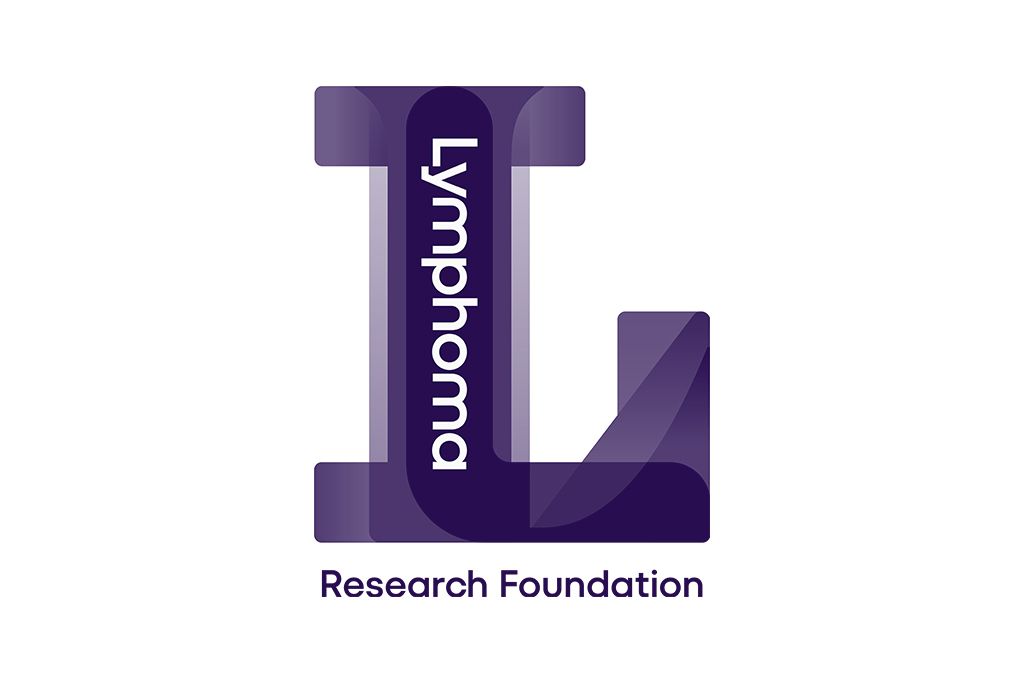
Cancer Survivor Raises AYA Awareness After Rare Lymphoma Diagnosis

Key Takeaways
- Carly Stafford Dixon's lymphoma diagnosis led to chemotherapy and CAR T-cell therapy, resulting in remission by summer 2023.
- Her journey underscores the importance of support systems and raising awareness for adolescents and young adults (AYA) with cancer.
In this Q&A, Carly Stafford Dixon discusses her lymphoma journey, recovery with CAR T therapy, and mission to raise support for young adults with cancer.
When Carly Stafford Dixon began feeling unusually out of breath just months after her wedding, she never expected it would lead to a lymphoma diagnosis. After a CT scan revealed a large mass in her chest, the 30-year-old counselor from Nashville was diagnosed with primary mediastinal B-cell lymphoma, a rare and aggressive form of non-Hodgkin lymphoma.
Carly quickly began chemotherapy and later received CAR T-cell therapy, which brought her into remission by summer 2023. Alongside treatment, she grappled with challenges like fertility concerns and job security — but found strength in her family, friends, and community. Her journey led her to the Lymphoma Research Foundation, where she found support and, eventually, a fundraising mission.
Just months after completing treatment, Carly ran a half marathon to raise money for the Lymphoma Research Foundation, becoming its top fundraiser.
Now cancer-free, she reflects on the realities of survivorship, the ongoing need for support after remission and the importance of raising awareness for adolescents and young adults (AYA) with cancer — a group she says is too often overlooked in public discourse and care resources.
CURE: Why is it important to raise awareness about AYA cancer, and what are some misconceptions about it?
Stafford Dixon: I think it's important to raise awareness about AYA cancer because often, when cancer is portrayed in the media — whether in movies, TV shows or books — you often see it as a tragic illness affecting a young child, or someone perhaps over the age of 50. The [AYA] age group, however, is really underrepresented in our understanding of who cancer can affect, and that's everyone, regardless of age.
It is important that everyone feels supported throughout their entire experience, from diagnosis to treatment and hopefully to survivorship. Ideally, if we can raise awareness about AYA cancer, then there could potentially be more resources available, although the Lymphoma Research Foundation already has an abundance of excellent resources. I think that with greater awareness, people could be directed to these valuable resources earlier and understand that they are not alone.
How did your support systems — whether it be your family, friends or resources — help you during treatment and survivorship?
I could not be more grateful for my support system. I have two parents and two amazing sisters, along with two amazing brothers-in-law and a husband. He and I had gotten married two months before my cancer diagnosis. I also [have a] great group of girlfriends who live all over the country and a good group of friends in Nashville, where I live.
Once we figured out the schedule for my chemo treatments — six sessions of R-EPOCH, a common course of chemotherapy for patients with this type of cancer — my parents created a Google Calendar and shared it with my sisters and all of my friends, because the hardest days of those three-week cycles are the ones when you're not in the hospital.
They made sure that for every in-between period, I had someone there, staying with me for a week or two and taking care of me. Nine of my best friends from undergrad and grad school came to visit. My sisters came. My parents came often. I feel very, very fortunate that my family and friends were able to do this; my family ensured I was never alone.
How has survivorship shaped your outlook on life?
I [initially misunderstood] survivorship, thinking that once you're declared in remission, you're completely fine, like all problems are solved and you can just jump right back into life. That was so far from the truth. It's felt a little bit like medical "Whack-a-Mole." I think you're just so much more aware of your body and in tune with it. And of course, you have a ton of checkups.
So, I feel incredibly lucky to have survived, and I'm so grateful to medical science and my team. But survivorship can be lonely. I think a big misconception for everyone is the same one I had: that once you're in remission, you're better. But often, the day you're declared in remission is when you feel the sickest, because all the treatment has accumulated in your body. I tend to think of my 20s and 30s now, especially the last five years, as two different eras: BC, like before cancer, and AC, after cancer. Obviously, you learn a lot. You gain a lot of knowledge about yourself, a lot of self-awareness, and you learn a lot about what's important to you in life.
What advice would you give for newly diagnosed AYA patients with cancer?
My piece of advice would be to acknowledge that, once you're in remission, that is such a huge thing to celebrate, but make sure your care partners know that you're still going to need support. You're still going to be tired, and if you are open to therapy and haven't started, that is a great time to start, because, during the survivor journey, you can oftentimes feel like everyone's forgotten about you.
For more news on cancer updates, research and education, don’t forget to




